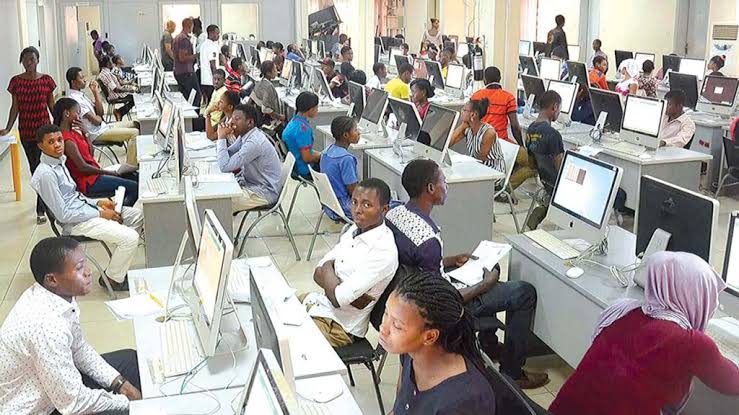
Keep up with the latest news and be part of our weekly giveaways and airtime sharing; follow our WhatsApp channel for more updates. Click to Follow us
The Nigerian university system has been grappling with funding constraints for decades, and this has had a profound impact on the quality of education provided to students. The lack of adequate funding has affected every aspect of university education, from infrastructure and equipment to staffing and research.
For further information on Education, read more details here
The statistics are alarming. According to the National Universities Commission (NUC), the total budget allocation for education in Nigeria has consistently fallen short of the recommended 26% of the national budget. In 2022, the education sector received only 5.4% of the national budget, leaving universities to struggle with inadequate funding.
The consequences of funding constraints are far-reaching. Universities are unable to provide students with modern facilities and equipment, making it difficult for them to acquire practical skills. The lack of funding also affects staffing, with many universities unable to attract and retain top talent. Research suffers as well, with many universities lacking the resources to support cutting-edge research.
Furthermore, funding constraints have led to a decline in the quality of education provided by Nigerian universities. Many universities are unable to provide students with the necessary resources, including textbooks, computers, and internet access. This has resulted in a decline in student performance and a lack of competitiveness in the global job market.
For further information on Education, read more details here
To address the challenge of funding constraints, the Nigerian government must prioritise education and allocate a greater percentage of the national budget to the sector. Universities must also explore alternative sources of funding, including private sector partnerships and alumni donations.
In addition, universities must be more efficient in their use of resources and explore cost-saving measures. This can include the use of technology to reduce costs and improve efficiency, as well as the implementation of sustainable practices to reduce waste and conserve resources.
Ultimately, addressing the challenge of funding constraints requires a collaborative effort between the government, universities, and other stakeholders. By working together, we can ensure that Nigerian universities receive the funding they need to provide students with a world-class education
Please don’t forget to “Allow the notification” so you will be the first to get our gist when we publish it.
Drop your comment in the section below, and don’t forget to share the post.







